What is the purpose of school?
I think school has many purposes--a place for us to learn new things, a place for us to practice new methods of learning, a place for us to ask questions and share our thoughts. A place to play and socialize with others. A place to become more literate, develop a strong number sense and get elbow deep in paint and paper mache once in a while as we test out new ways to express ourselves. A place to be creative thinkers. School has so many purposes. It is really a complicated thing--because it isn't completely clear and it isn't just one or two things. We get SO much out of school.
But if I had to zoom in on one aspect that I think is of KEY importance it would be: thinking.
School is where we learn:
how to think.
how we think.
how others think.
what ways of thinking work best for us.
how to share our thinking.
and what we like to think about.
It is about learning and learning is about thinking. And there are so many fantastic ways to do this. And the better we plan for opportunities for our students to think & learn the more engaged they will be and the more they will love learning and thinking. And that is really what I want out of all of this whole school thing for them: for them to continue wanting to learn. wanting to think. being curious. AND being life-long learners who LOVE this.
That is what I think today anyway. What do you think?
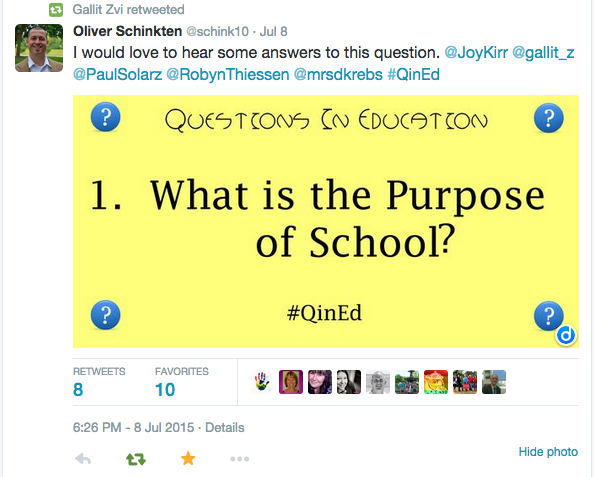

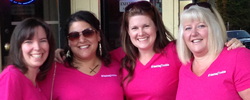
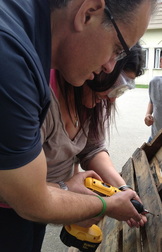
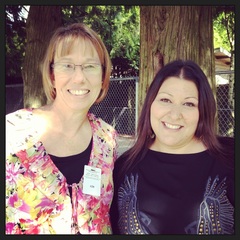
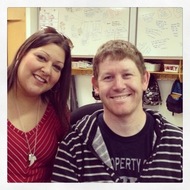
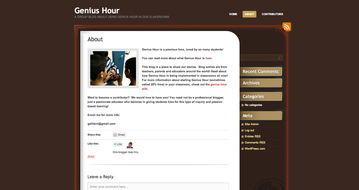
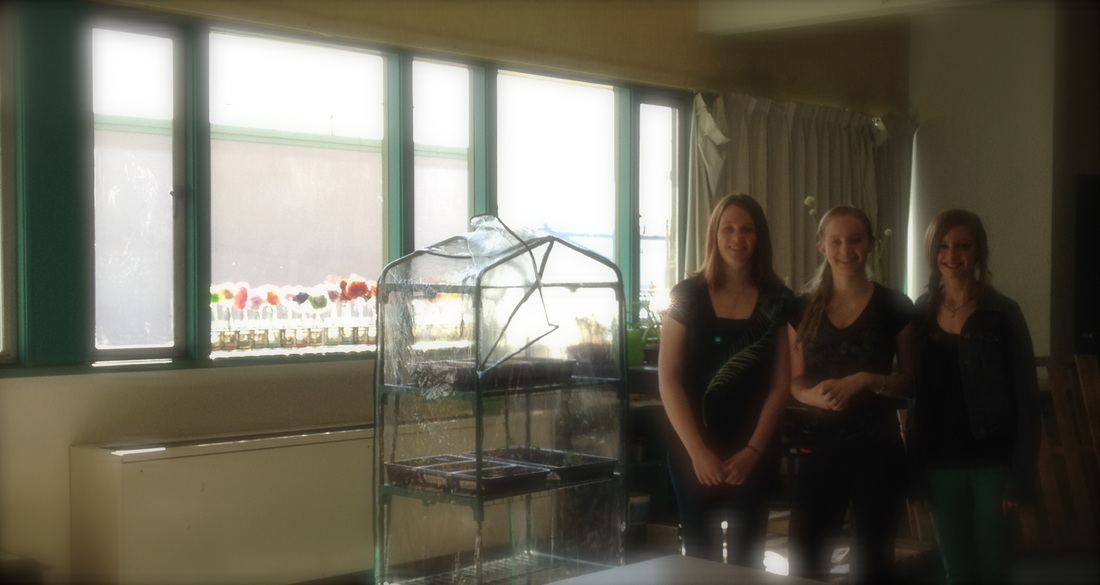
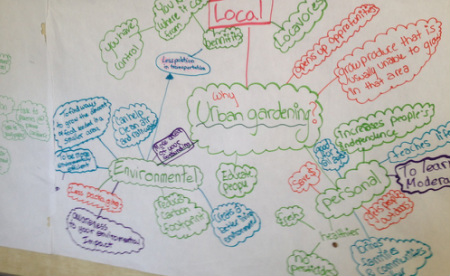
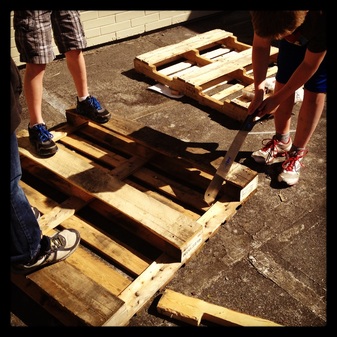
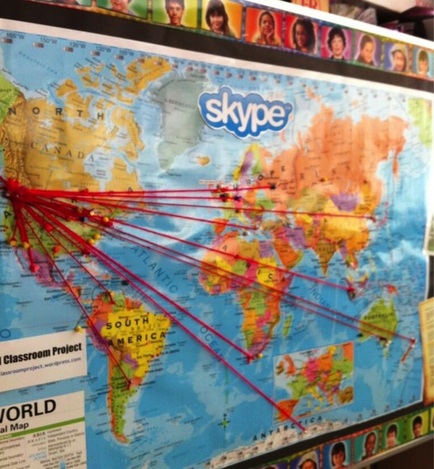
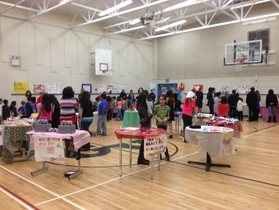
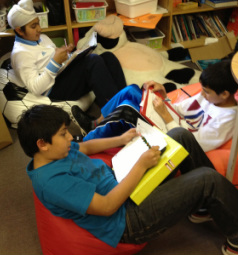
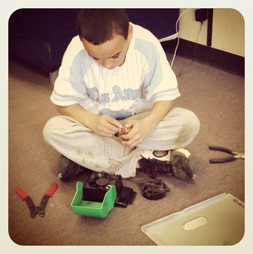
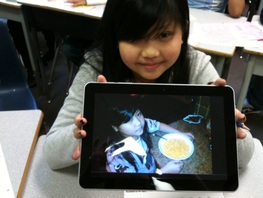
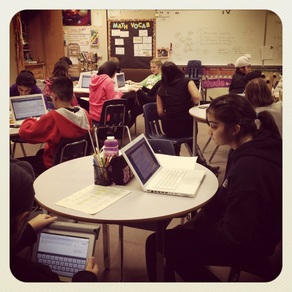
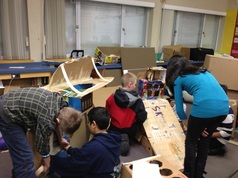
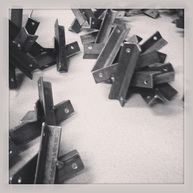
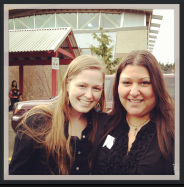
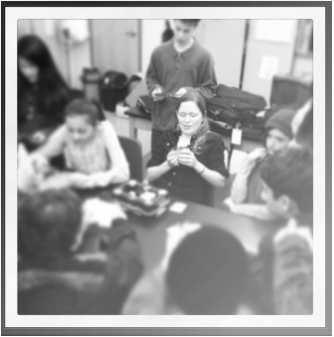
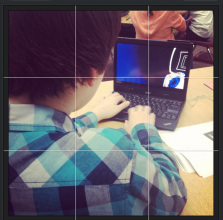
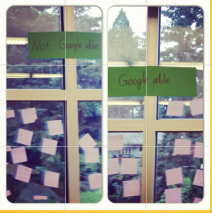

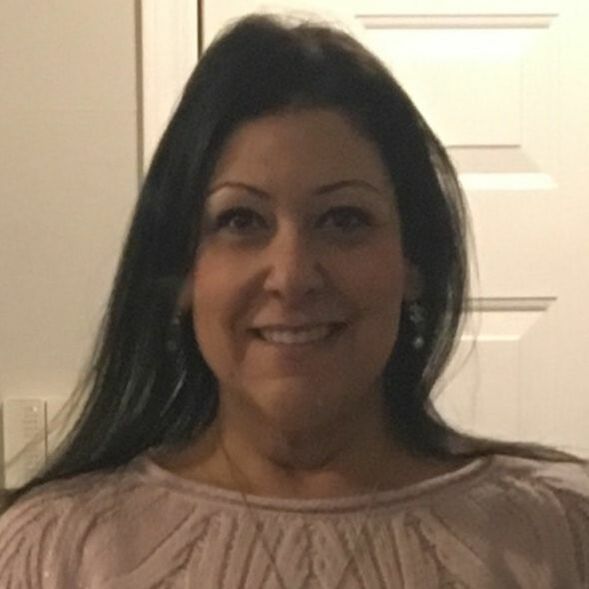
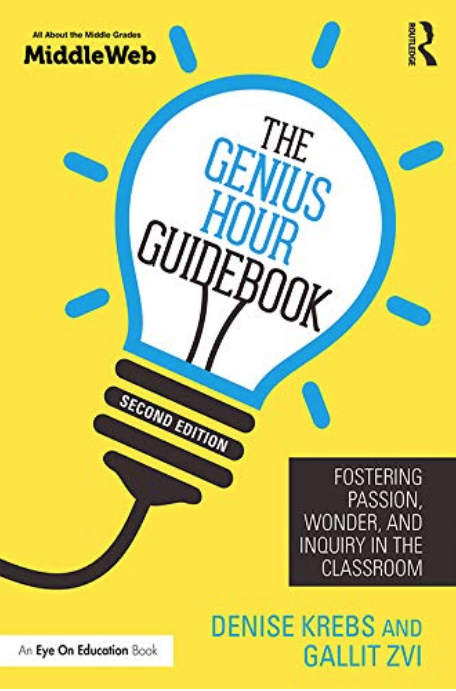
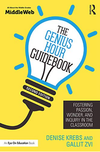
 RSS Feed
RSS Feed

